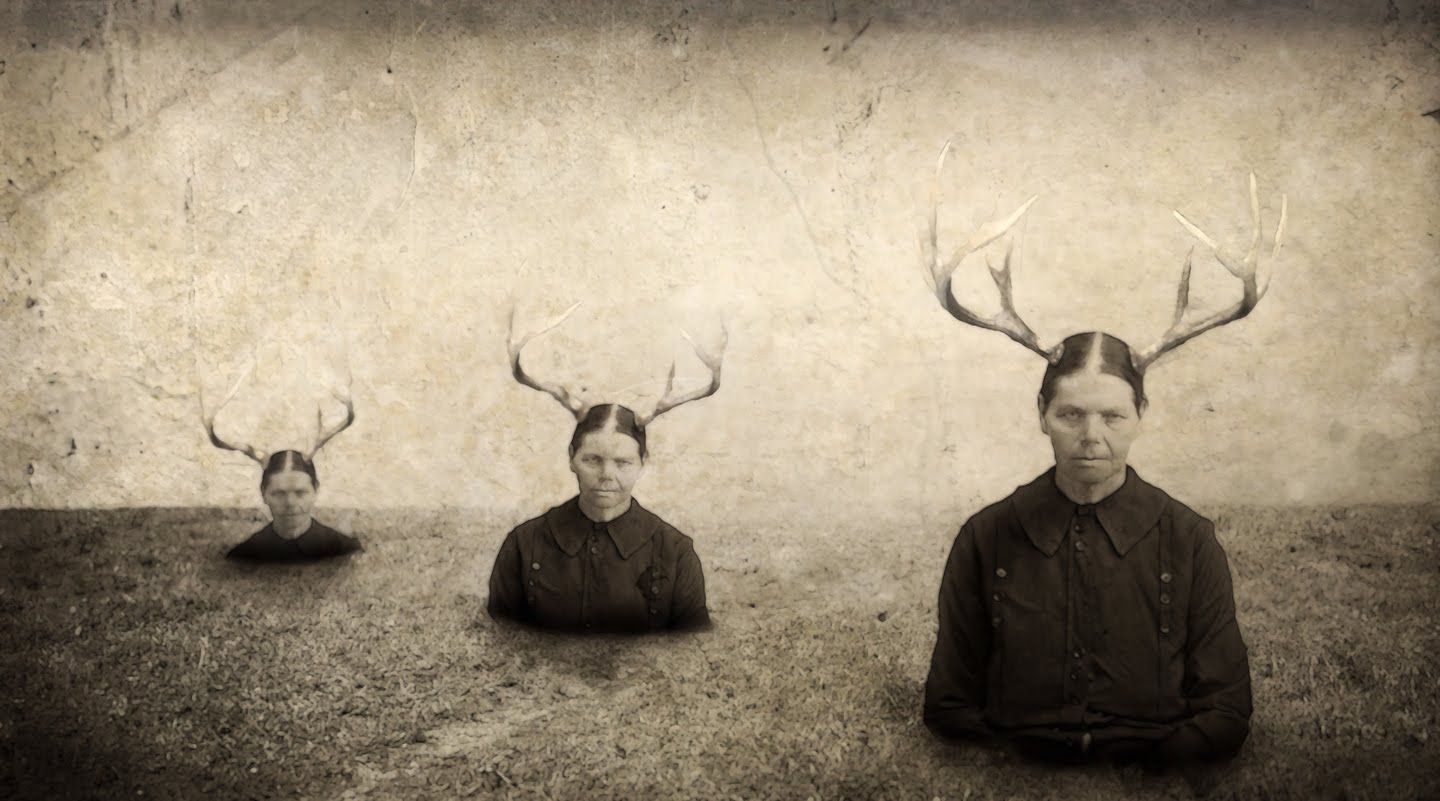Ekev Triennial 10:12-15 – 11:22-25
The parashah tells of the blessings of obedience to God, the dangers of forgetting God, and directions for taking the Land of Israel. Moses recalls the making and re-making of the Tablets of Stone, the incident of the Golden Calf, Aaron’s death, the Levites’ duties, and exhortations to serve God. Ekev has 7 mitzvot, 4 of them in our triennial reading.
==
Interspersed in our reading today are mitzvot regarding how to act. What does God require of us, according to the text? What does that mean, in your opinion? Is there a charge to imitate God’s ways?
What are the promises for “good behavior”? What are the threats for “bad behavior”?
==
And it will be, because you will heed these ordinances and keep them and perform, that the Lord, your God, will keep for you the covenant and the kindness that He swore to your forefathers (Devarim 7:12).
In the opening verse of this week’s reading, we encounter a simple paradigm – if we live up to the word of God, God will deliver on the promises He made to the Patriarchs and we will conquer and then stay in the land. The portion as a whole has that simple idea – particularly the paragraph we add to the Shema, which is Devarim 11:11-21. However, things are not as simple as that, even within the text: “And the Lord, your God, will drive out those nations from before you, little by little. You will not be able to destroy them quickly, lest the beasts of the field outnumber you (7:22).”
In the simple meaning, the battle for Canaan will not be quick. The concern appears to be that if we conquer more land than we can settle, wild animals will overrun these conquered areas. This is odd. Moshe has just told the people that there is going to be Divine protection and intervention and now we are worried about the beasts of the field? Can’t God keep animals at bay?
One explanation is that the animals here are not four legged creatures. The Modzitzer Rebbe (Rav Shaul Yedidyah Elazar of Modzitz) explains that it has to do with our own instincts. When forced to fight, a person must draw on their baser instincts. When forced to kill, a person gives up and loses some part of their tzelem elokim, their image of God, because they had to snuff out someone else’s humanity. Life sometimes does call for this type of action. The soldier must kill; the soldier must be prepared to take the life of another human being if this is what the mission calls for. But there is a harsh reality that must be acknowledged. There is collateral damage on a personal level: after taking a life – the soldier is no longer the same. Once those feelings and instincts that allowed one to kill have been unleashed, it is not easy to simply bottle them up. This, explains the Modzitzer Rebbe, is the meaning of the verse.
God has to drive the enemies out little by little lest the beasts that dwell within a person take over. If a person engages in constant fighting the animal within eventually overwhelms the person and can extinguish your humanity. I think this is easy to see in social media – particularly if you engage in the fights we see. People tend to forget not only that there are other people on the other side of the screen, but they allow themselves to become consumed by the high of spewing harsh words and anger.

The Torah then teaches us a valuable lesson by following this idea with all the other things God expect us to do – which is to take care of the most vulnerable members of society. And we know that the orphan, the widow, the stranger, the poor will never stop showing up in human societies. So we need to constantly be helping them as a form of living up to the actions of God Godself, who befriends the stranger – and so we are to do that as well.
What we do with consistency determines who we become. The actions we engage in shape our character and our essence. If we want to become good and holy people, we must engage in good and holy acts. Yet, at times we engage in certain activities that we know are detrimental to our body or soul, but we convince ourselves that this action will not determine who we are.
But the text reminds us pen tirbeh alecha chayat hasadeh, if I consistently act like the animal, the inner animal will eventually dominate and eclipse the holiness I possess within. There are times when we must unleash the animal within, but we must have a plan how to rein it in, assess the damage, and create a space in which to repair and heal.
Our reading teaches us a fundamental lesson. We become what we do consistently. Our actions reinforce and solidify our identity.
May we make the right decisions and choices, and when we fail, let us find the courage to rein in the beasts of the field.
==
Picture credit // and an amazing poem about this very issue: https://thedishwasherstears.wordpress.com/2010/04/25/beasts-of-the-field/
I am a slow learner.
Or maybe I don’t learn at all.
*
It depends on who you ask.
*
It is easier to destroy a thing than to nurture it.
In a rit of felous jage.
